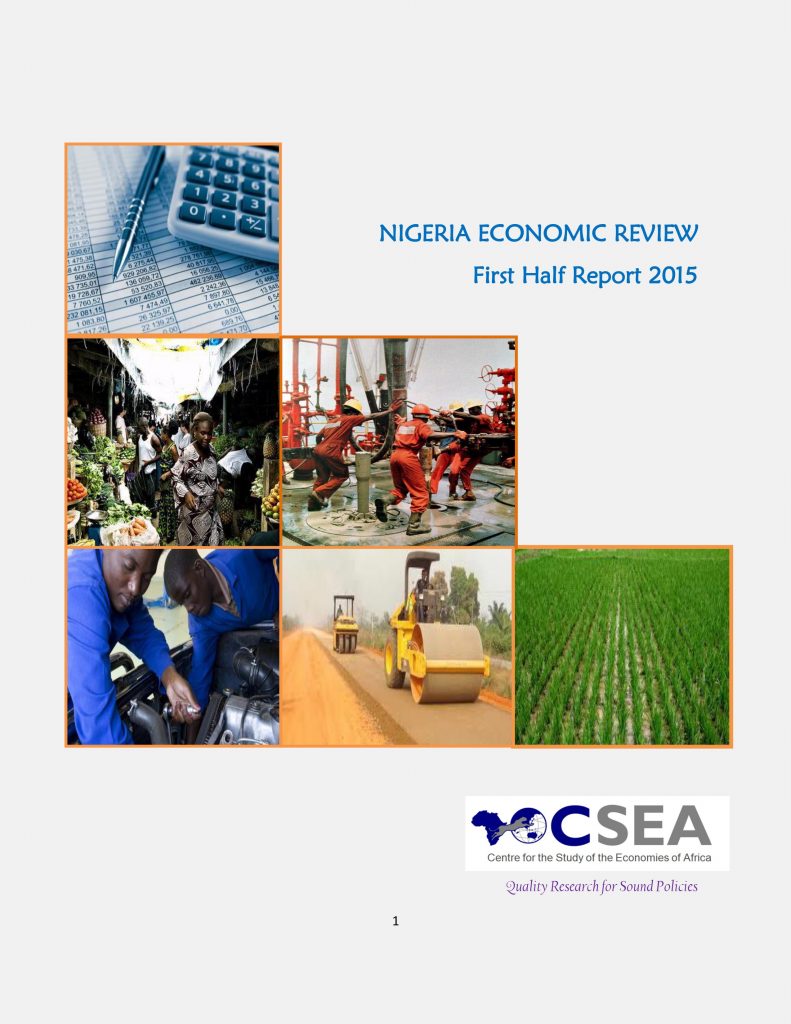According to the National Bureau of Statistics (NBS), Nigeria’s total merchandise trade reached ₦36,604.83 billion in Q4 2024, representing a 68.3% increase compared to the ₦21,747.40 billion recorded in Q4 2023 and a 2.20% rise from Q3 2024. Exports, which accounted for 54.68% of total trade, stood at ₦20,014.33 billion, reflecting a 57.67% increase from Q4 2023 but a 2.55% decline compared to the ₦20,537.17 billion recorded in Q3 2024. Meanwhile, imports in Q4 2024 amounted to ₦16,590.51 billion, making up 45.32% of total trade. This represented an 8.57% increase from Q3 2024 and an 83.24% surge compared to Q4 2023. The trade surplus for the quarter stood at ₦3,423.82 billion. Despite this positive trajectory, Nigeria's trade remains heavily reliant on crude oil exports. In Q4 2024, crude oil exports contributed approximately 68.87% (₦13.78 trillion) of total exports, while non-crude oil exports accounted for 31.13% (₦6.23 trillion). The continued dominance of crude oil in Nigeria’s trade structure poses significant economic risks, as it makes the economy vulnerable to global oil price fluctuations and external shocks. The non-oil export sector continues to face challenges such as low competitiveness, infrastructure deficits, and limited market access. To enhance and sustain Nigeria’s trade position, economic diversification is essential. Strengthening local manufacturing, improving infrastructure and reducing trade bottlenecks are essential policy steps that can help build a more resilient and balanced trade economy in the long run.
Download PDF

 English
English
 Arab
Arab
 Deutsch
Deutsch
 Português
Português
 China
China




